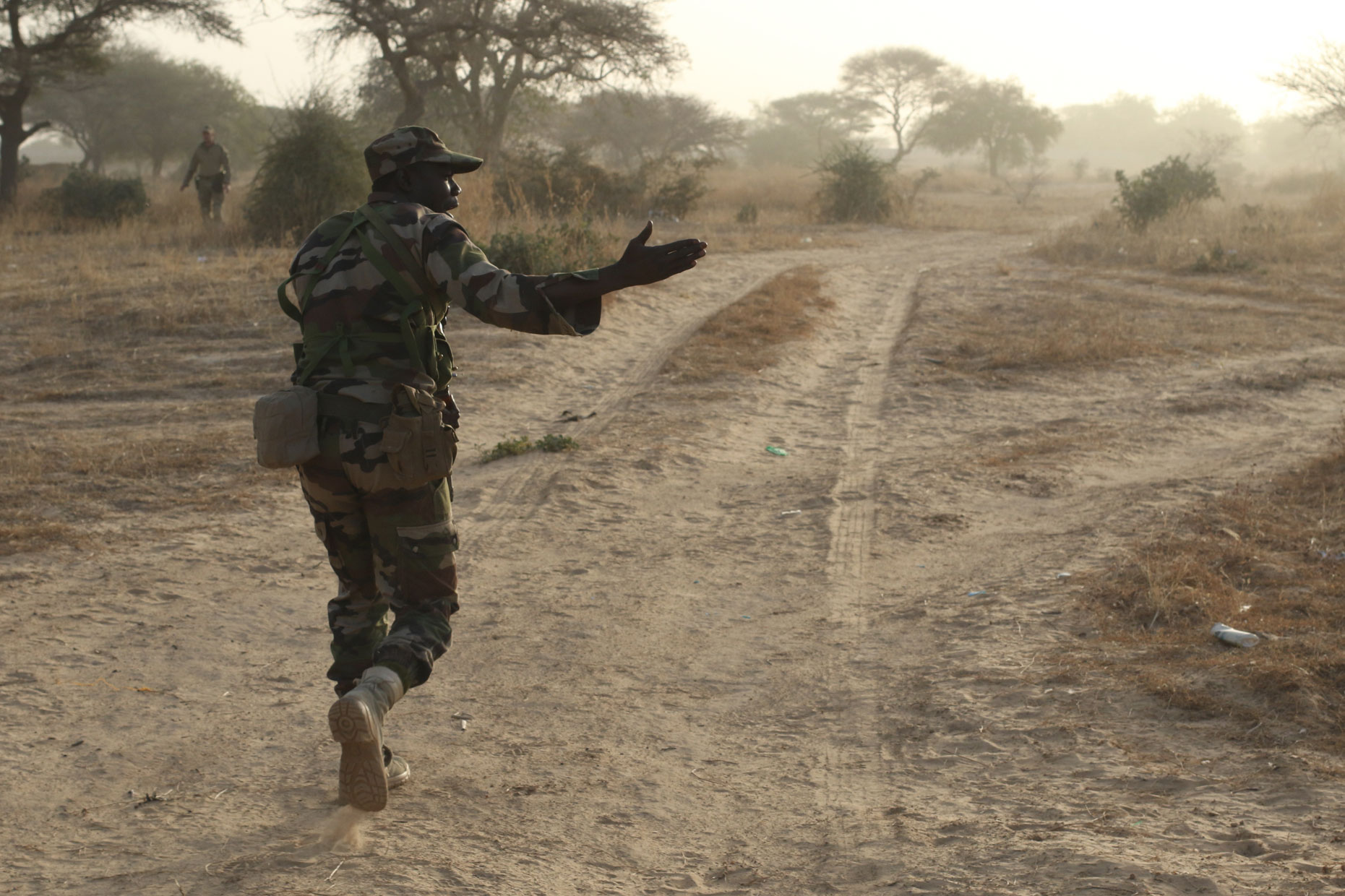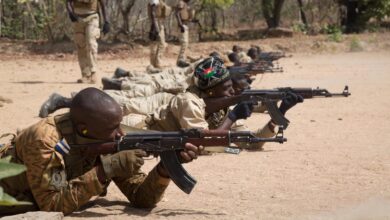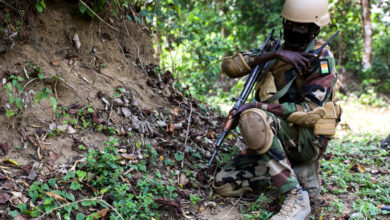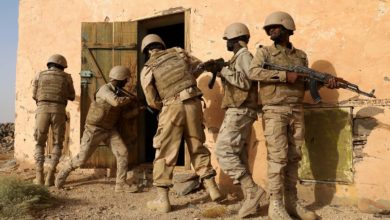The European Union is set to double its contribution to the G5 Sahel joint force, a multinational counter-terrorism force in West Africa’s Sahel region.
E.U. foreign affairs chief Federica Mogherini announced the €50 million ($61 million) contribution Friday at an international donor conference with the G5 leaders in Brussels.
The E.U. provided the initial €50 million contribution to establish the force with Burkina Faso, Chad, Mali, Mauritania and Niger. The force began operations in November. It is intended to become fully operational by this summer, but lacks the funding to train its goal of 5,000 troops to work alongside 4,000 French troops and 12,000 United Nations peacekeepers in Mali.
Opening remarks by #EU HR @FedericaMog at the International High-Level Conference on the #Sahel "More than thirty two Heads of State have gathered in #Brussels for a final solution on our common international support in the region" https://t.co/8EznAEeYEc
— EU Council TV News (@EUCouncilTVNews) February 23, 2018
Saudi Arabia has so far contributed €100 million, the United States pledged €60 million and E.U. member states have independently offered €40 million. Organizers hope Friday’s conference will raise the additional €150 million needed to train and supply the force.
The announcement comes days after two French soldiers were killed when their armored vehicle hit an improvised explosive device in Mali.
France intervened in its former colony of Mali in 2013 to drive out al-Qaeda linked groups from the region. Several Islamist groups operating in the Sahel have links to both al-Qaeda and Islamic State.
A November report on the first G5 Sahel force mission said that it experienced “logistical problems” but they are not “insurmountable.”
The force is tasked with fighting terrorism and combatting human trafficking in the Sahel. Its primary objective is to re-establish authority in the “tri-border” region where Burkina Faso, Mali and Niger converge. Thousands of civilians have died in fighting in the region, and tens of thousands have fled their homes amid increasing terrorist attacks and suicide bombings.
In July, the E.U., France and Germany launched the Alliance for the Sahel, which brings together nine European nations, the United Nations Development Programme, World Bank and African Development Bank to improve coordination and delivery of aid in the region.
With reporting from AFP












